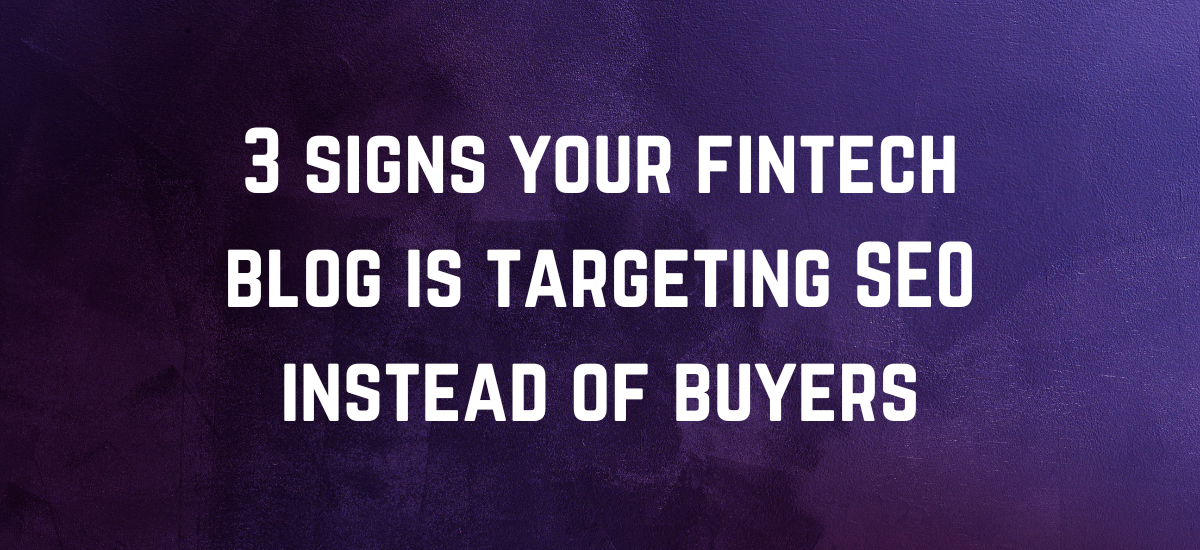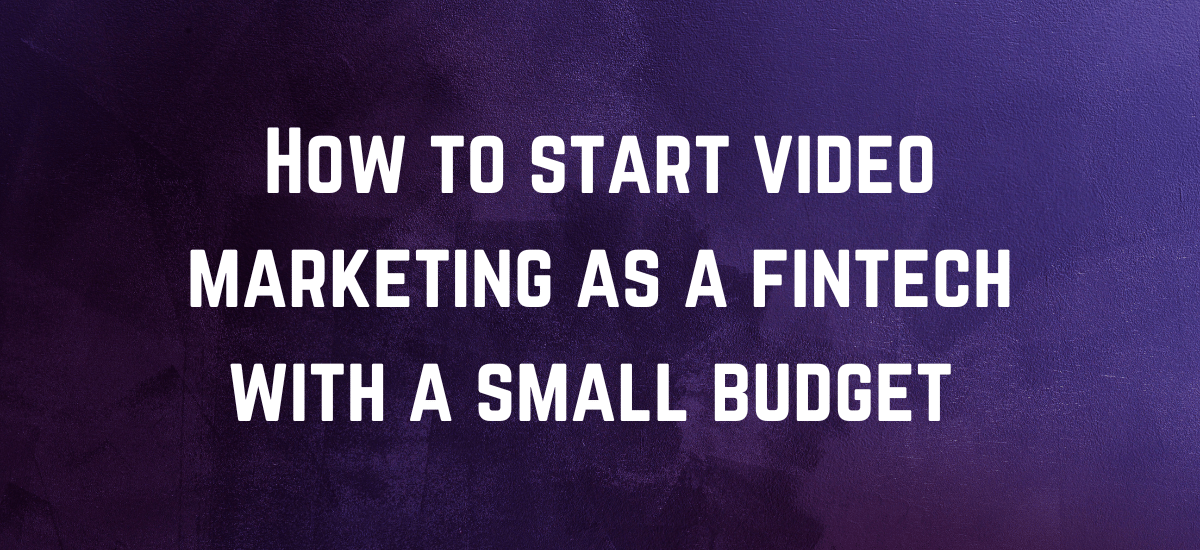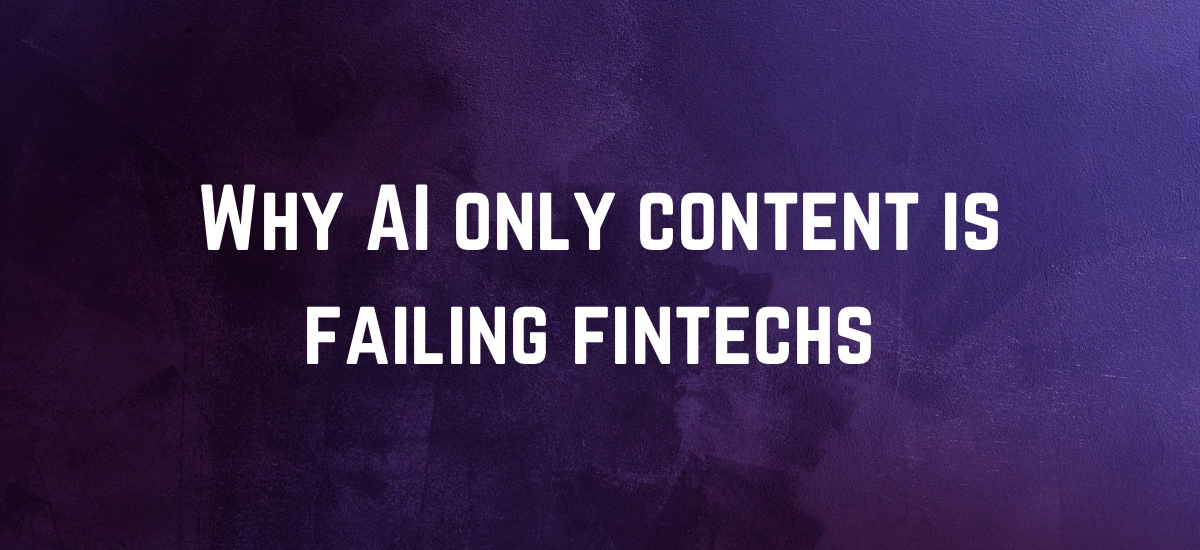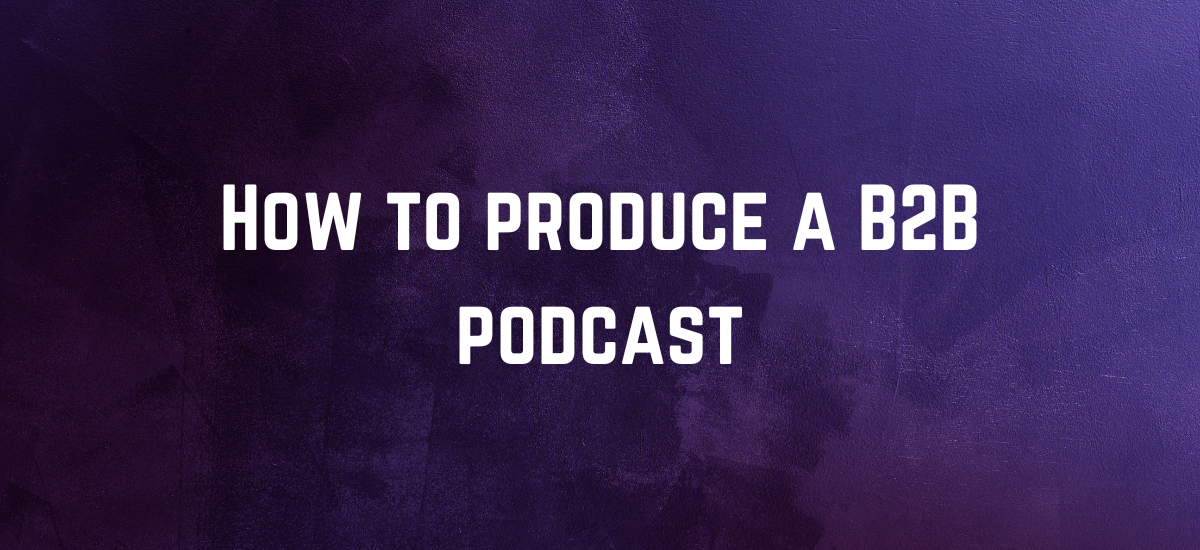by deborah
Share
by deborah
Share

The introduction of ChatGPT and the growing popularity of other AI-powered tools has created a lot of confusion (and some understandable concern) around search engine optimization (SEO).
Specifically, many marketers are concerned about how they can remain competitive and rank highly on search engine results pages (SERPs) when other brands use AI to pump out articles and increase their posting frequency.
While ChatGPT offers some benefits to content marketers, it’s not a magic wand that will automatically catapult your competitors to the top spot.
You can remain competitive (without letting AI do all the work) and thrive in this post-ChatGPT world. Check out some of our suggestions below to find out how.
ChatGPT SEO Benefits
Let’s start by addressing some ways that ChatGPT can enhance your search engine optimization efforts. Here are some specific areas in which ChatGPT and AI can be helpful:
- Keyword research
- Topic ideas and brainstorming
- Meta title and meta description writing
- Spelling and grammar checks
- Schema markup generation (for easier search engine crawling)
ChatGPT can also assist with other non-content-related aspects of on-page SEO. For example, you can use chatbots to provide an improved user experience, increasing the likelihood that people will stay on your site longer, return in the future, etc.
Enhance Your SEO with ChatGPT
One of the most important things to remember about ChatGPT is that it’s a tool. It’s not a one-size-fits-all solution to your SEO and content marketing woes (and treating it like that can result in subpar content and diminished credibility).
You don’t have to rage against the ChatGPT machine, nor do you need to rely on it exclusively for your digital marketing strategy. The best approach involves utilizing all tools while incorporating your personal SEO and content marketing knowledge.
The following are some tips to help you enhance your SEO efforts with ChatGPT:
Improve Keyword Research and Analysis
If you need help choosing relevant keywords to incorporate into your marketing content, ChatGPT can speed up the process.
Simply ask ChatGPT to produce a list of keywords similar to the one (or ones) you’re already using to connect with your target audience. You’ll quickly receive a list of options to consider, including words and phrases that may not have been on your radar otherwise.
Create a Content Marketing Strategy
Some marketers also use ChatGPT to help them develop a content marketing strategy.
If you’re not sure where to start or which tactics to use to promote your brand, you can ask ChatGPT to generate a strategy for your particular product or service.
After doing this, you’ll have a list of practices that you can then narrow down to pick the best ones for your brand.
Understand Search Intent
As a marketer, you know the importance of search intent. If you want your content to appear on people’s search engine results pages, you need to know what they’re looking for and why.
Ask ChatGPT for a list of keywords for a specific type of person (for example, someone looking for a digital assets custodian business based in New York). You’ll then receive several options to help you catch those people as soon as they start their search.
Generate Optimized Titles
A well-optimized title is essential to your brand’s search engine ranking. If you’re having difficulty coming up with a title that includes your target keyword and is also compelling to a potential reader, let ChatGPT assist you.
SEO Best Practices
You can use ChatGPT for any of the tasks listed above. However, you also have to bring in your personal human touch.
Here are some best practices to keep in mind to produce optimal results after incorporating AI into your SEO strategy:
Don’t Rely on Outlines
Some marketers use ChatGPT for help creating outlines for their blog posts or other types of content.
These outlines might look good at first glance. However, upon closer inspection, you’ll likely find that they feature a lot of repeated topics that could lead to redundant, unhelpful content.
If you want to use AI to generate outlines, you can. However, you’ll likely find that the process isn’t as efficient as you’d like.
Check for Biases and Inaccuracies
AI-generated content is only as good as the information it sources. If it’s working from biased training data, the resulting content will also be biased and potentially harmful to your target audience.
Always review content carefully to look for potential biases.
Be Specific with Your Requests
The more specific you are when you ask ChatGPT to produce something, the better the result will be.
For example, try framing your requests as the type of person who might be searching for your products or services. If you’re targeting business owners, include that detail in your query.
Partner with SEO Professionals
If you aren’t confident in your SEO skills, don’t let ChatGPT do the heavy lifting by itself.
Instead, reach out to SEO professionals who know how to reach your target audience and incorporate ChatGPT into their efforts. They will help you develop a more effective strategy and achieve better results.
Get More Content Support Today
These days, many marketers are putting a lot of trust in AI-powered tools like ChatGPT to enhance their content and improve their search engine ranking. Others are so opposed to the new technology that they refuse even to utter the word ChatGPT.
In our opinion, the best approach falls somewhere in the middle.
You can take advantage of ChatGPT and other solutions to enhance your strategy. However, you also shouldn’t sacrifice personal knowledge (or insights from an experienced SEO professional).
Do you need assistance with your business’s content marketing strategy? If so, we’re here for you.
Get in touch today to learn more about our services.





